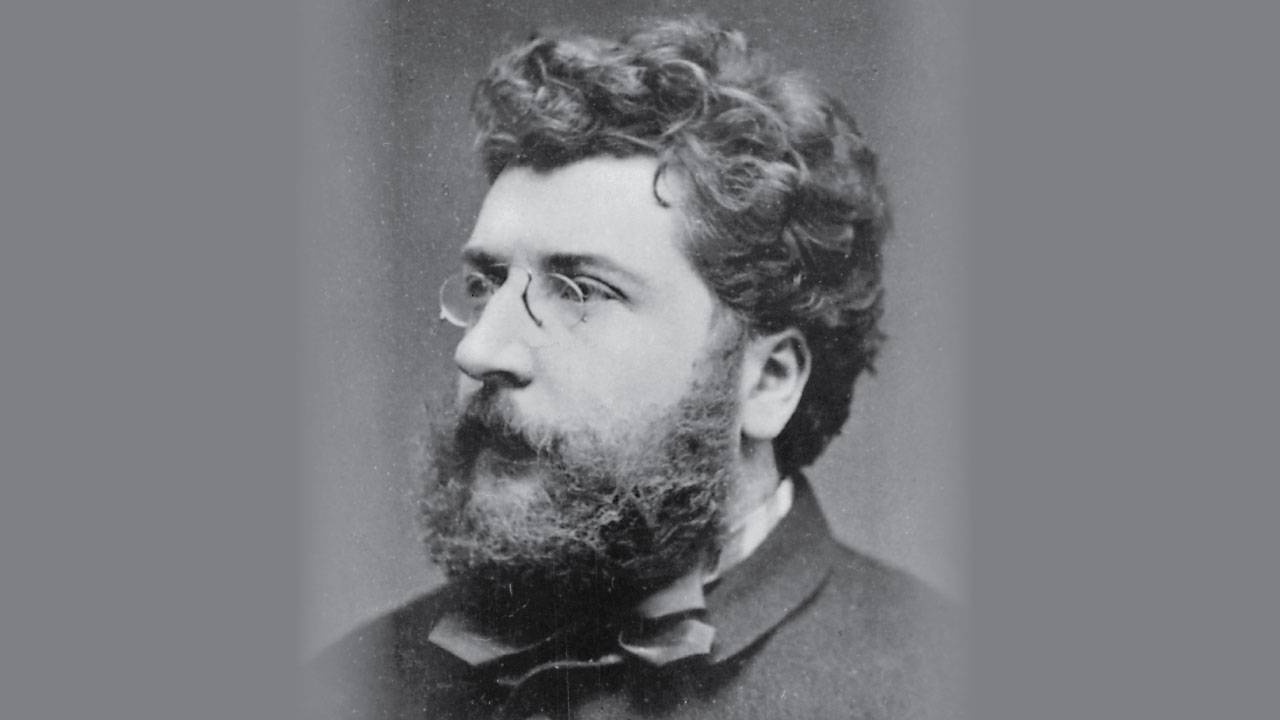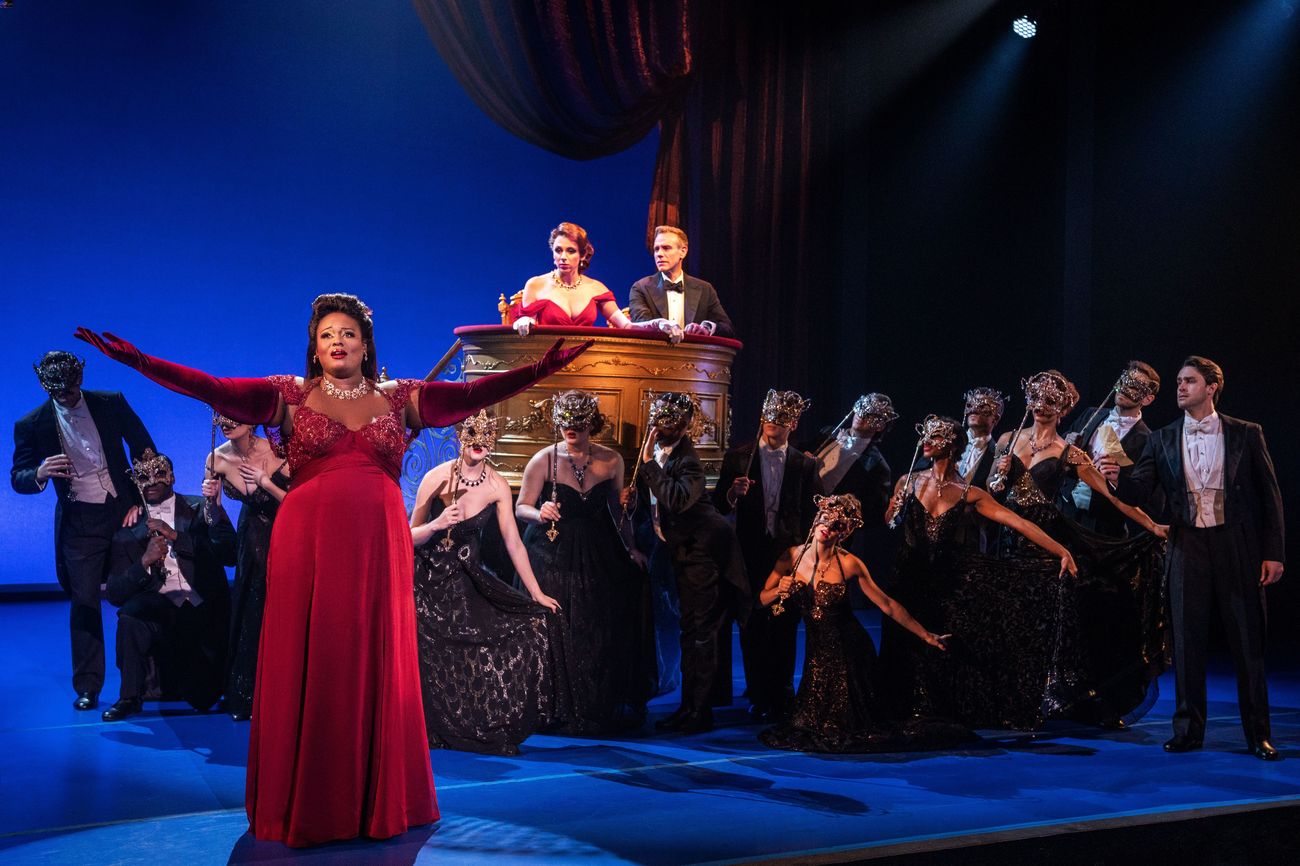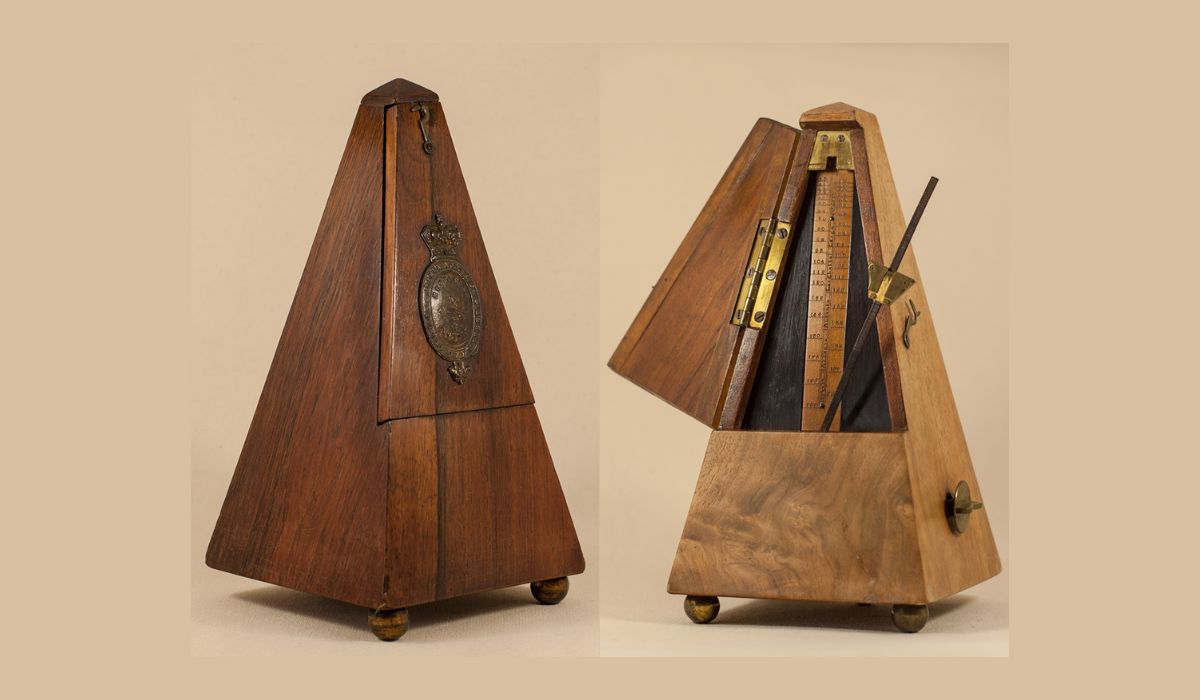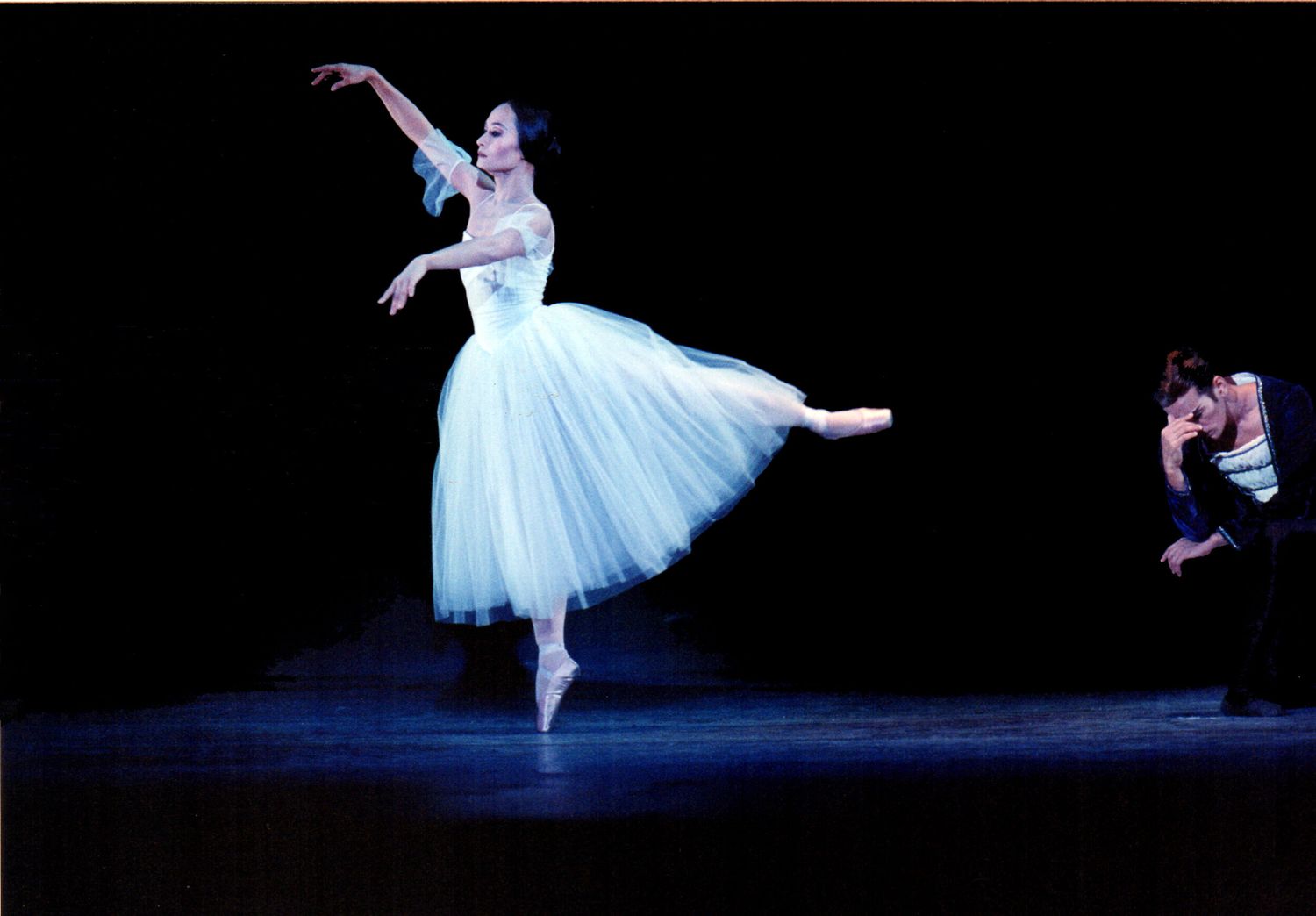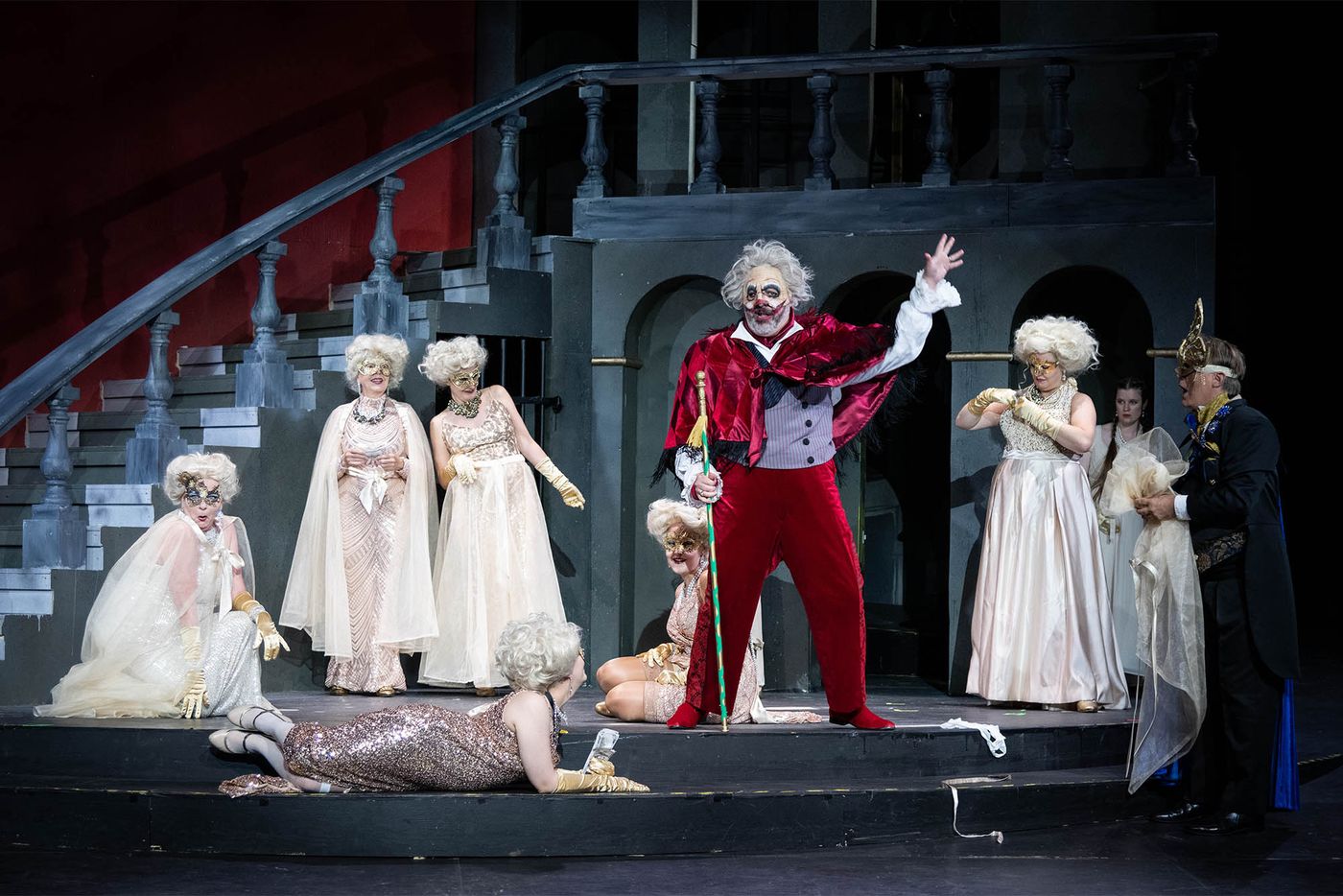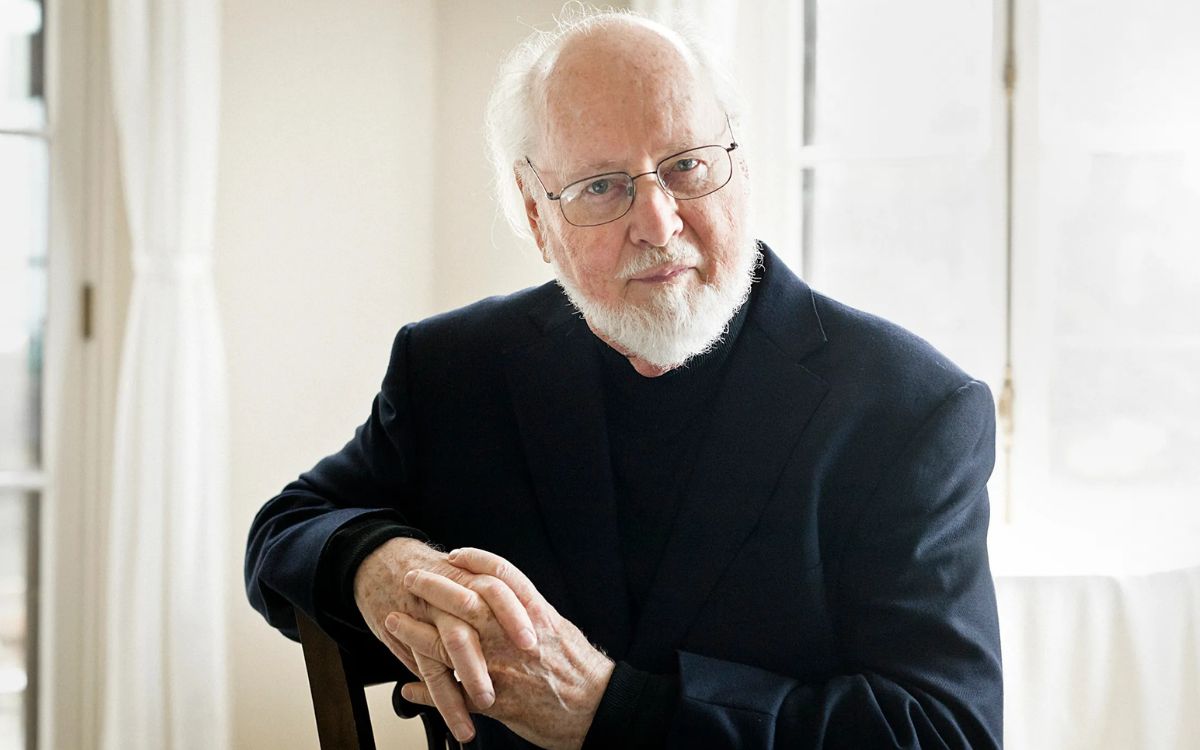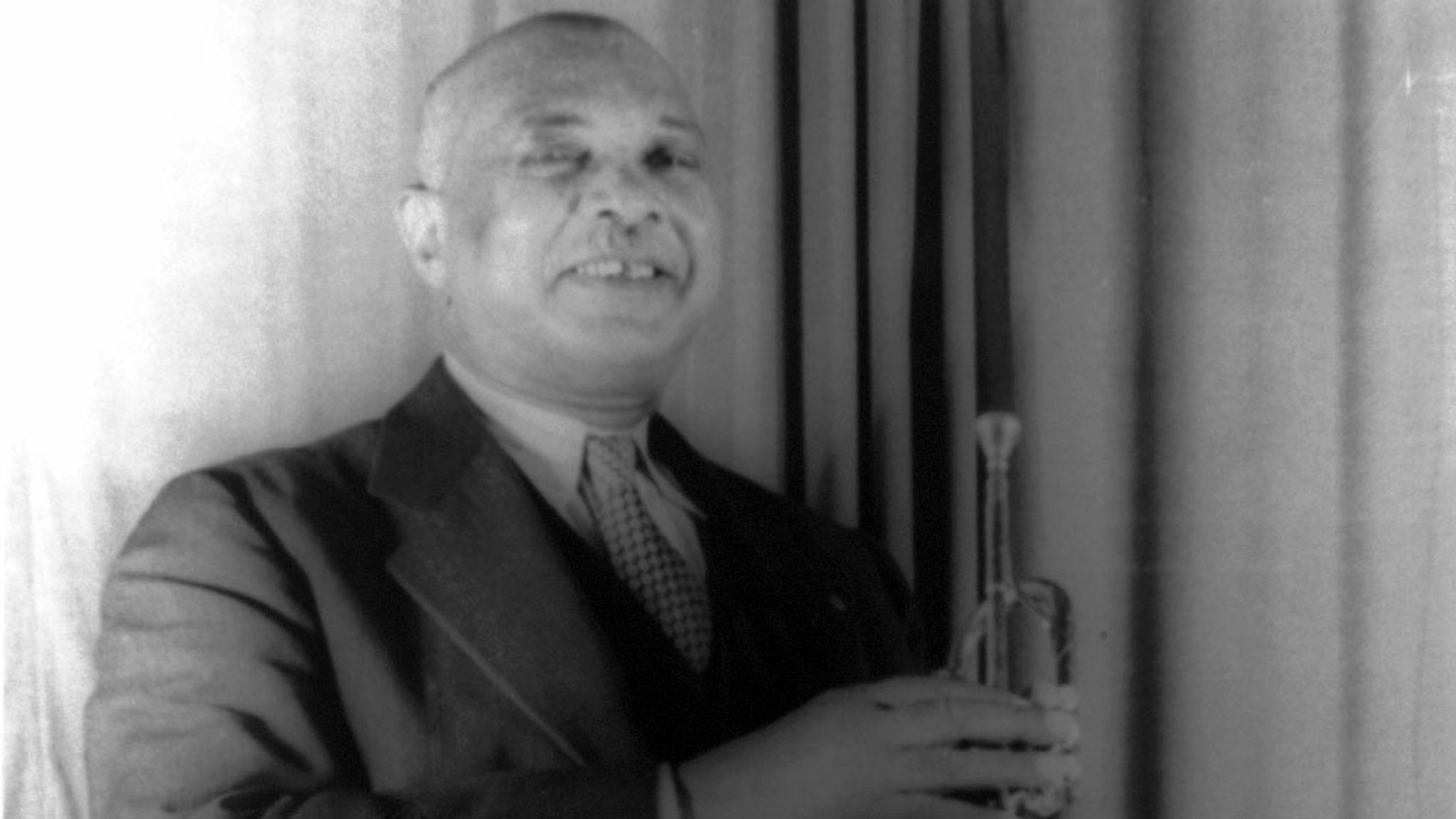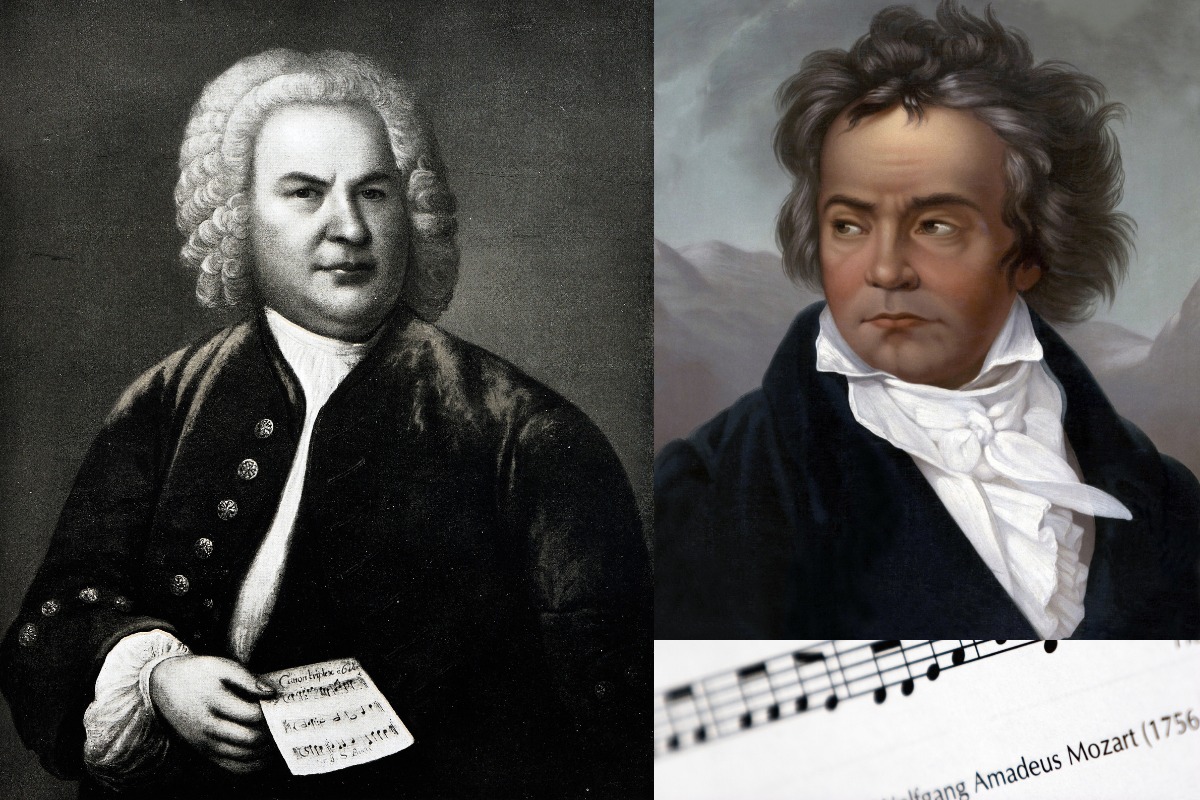Home>Production & Technology>Composer>Who Was The First Woman Composer
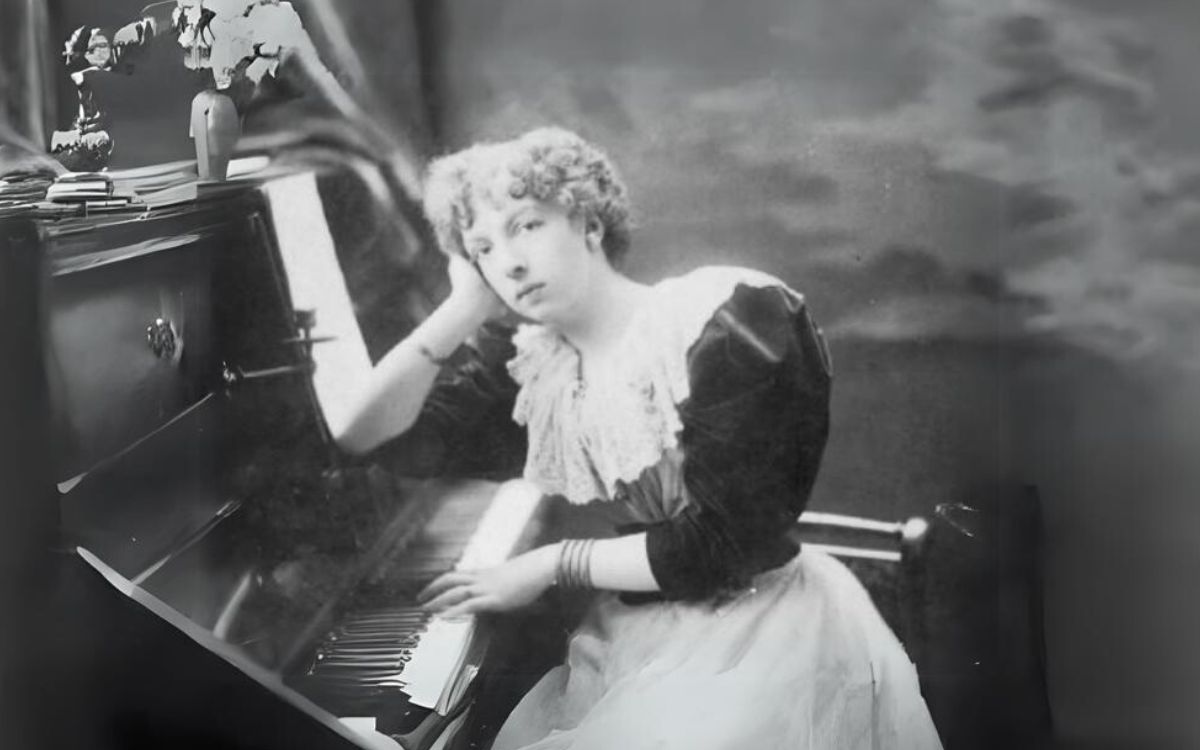

Composer
Who Was The First Woman Composer
Modified: January 22, 2024
Discover the trailblazing journey of the first woman composer and her extraordinary contributions to the world of music. Uncover her groundbreaking achievements in this captivating exploration of her life and work.
(Many of the links in this article redirect to a specific reviewed product. Your purchase of these products through affiliate links helps to generate commission for AudioLover.com, at no extra cost. Learn more)
Table of Contents
Introduction
Throughout the centuries, the world of classical music has been dominated by male composers. Their contributions have undoubtedly shaped the landscape of music, but it is equally important to shed light on the remarkable women who have defied societal norms and made significant contributions to the field. From the earliest days of classical music to the present, women composers have overcome countless obstacles to create timeless compositions that inspire and move audiences.
In this article, we will delve into the rich history of female composers, exploring their struggles, triumphs, and the impact they have had on the musical world. We will also highlight some of the most notable women composers throughout history and discuss their contributions to various genres and styles of music.
By examining the lives and works of these talented women, we hope to honor their legacy and inspire future generations of female composers. It is time to give these remarkable individuals the recognition they deserve and celebrate their invaluable contributions to the world of music.
Early History of Women in Music
The history of women in music dates back to ancient civilizations. While societal norms and restrictions often limited their opportunities, women have always found ways to express their musical talents and contribute to the development of music.
In ancient Greece, for example, female musicians known as “hetaerae” performed at social gatherings and festivals. These skilled artists played instruments such as the lyre and sang songs that were both entertaining and thought-provoking. However, their status in society was often precarious, as they were seen as entertainment rather than serious musicians.
During the Renaissance period, women found more opportunities to participate in music-making, especially within the confines of religious institutions. Many convents housed choirs of nuns who composed and performed sacred music. Notable composers such as Hildegard von Bingen and Caterina Assandra emerged from this era, leaving a lasting impact on the musical landscape.
Despite these early advancements, women’s roles in music were all too often limited to performing rather than composing. The male-dominated society often dismissed the creative abilities of women, perpetuating the belief that composition was a skill reserved for men.
However, there were women who defied these societal expectations and made remarkable strides in the world of music. Figures like Fanny Mendelssohn, sister of famed composer Felix Mendelssohn, composed numerous works of great musical merit. Yet, her compositions were often attributed to her brother or published under his name, depriving her of the recognition she deserved.
The early history of women in music reveals a complex interplay of talent, opportunity, and societal attitudes. Despite facing numerous obstacles, women composers have made significant contributions to music, laying the foundation for future generations of female composers to flourish.
The First Recognized Female Composers
In the world of classical music, the first recognized female composers emerged during the Baroque era. These talented women defied gender norms and made valuable contributions to the artistic landscape of their time.
One such trailblazer was Francesca Caccini, an Italian composer and singer who lived in the late 16th and early 17th centuries. Caccini was a prolific composer, and her works included both secular and sacred compositions. Her opera, “La liberazione di Ruggiero,” is recognized as the oldest surviving opera written by a woman. Caccini’s compositions showcased her deep understanding of vocal music and her ability to create captivating melodies.
Another notable figure was Élisabeth-Claude Jacquet de la Guerre, a French composer and harpsichordist who lived in the late 17th and early 18th centuries. Recognized as a child prodigy, Jacquet de la Guerre composed numerous works, including sonatas, harpsichord suites, and cantatas. Her compositions were highly regarded during her time, and she was even granted a position as a musician in the court of King Louis XIV.
Clara Schumann, a German composer and pianist, also deserves recognition as one of the first recognized female composers. She lived in the 19th century and composed a wide range of works, including piano concertos, chamber music, and songs. Schumann’s compositions displayed a high level of technical skill and emotional depth, earning her acclaim as one of the leading musicians of her time.
These remarkable women paved the way for future generations of female composers by proving their artistic capabilities and challenging traditional gender roles. Their accomplishments not only shattered societal expectations but also demonstrated that gender should never be a barrier to creativity and innovation in music.
Notable Women Composers Throughout History
As time progressed, more and more women composers emerged, leaving an indelible mark on the world of music. From groundbreaking innovators to established masters, these remarkable composers have enriched the musical canon with their unique voices and profound artistic contributions.
One of the most notable women composers of the Romantic era was Clara Schumann. Not only was she an accomplished pianist, but she also composed a significant body of work that showcased her compositional prowess. Clara’s compositions, such as her piano trio and piano concerto, demonstrated her technical brilliance and emotional depth.
In the 20th century, another influential composer emerged in the form of Florence Price. As an African-American woman, Price faced numerous obstacles in a predominantly white male-dominated industry. Despite this, she composed symphonies, chamber music, and art songs that blended elements of classical music with traditional African-American melodies and rhythms.
Undoubtedly, one cannot discuss notable women composers without mentioning the incredible contributions of Amy Beach. She was the first American woman to gain recognition as a composer of large-scale works, including a symphony and a piano concerto. Beach’s compositions showcased her mastery of form and her ability to evoke a wide range of emotions.
Contemporary composers such as Kaija Saariaho, Judith Weir, and Sofia Gubaidulina continue to push the boundaries of classical music. Their compositions encompass a diverse range of styles and genres, reflecting their distinct artistic visions and innovative approaches to composition.
These are just a few examples of the countless women composers who have made significant contributions to the musical world. Their music not only challenges traditional notions of gender but also stands as a testament to their incredible talent and unwavering dedication to their craft. Their works deserve to be celebrated and cherished alongside those of their male counterparts.
Women Composers in the Modern Era
The modern era has witnessed a surge in the recognition and celebration of women composers. As societal attitudes and opportunities have evolved, these talented composers have been able to thrive and make significant contributions to the musical landscape.
One of the most influential contemporary composers is Unsuk Chin. Hailing from South Korea, Chin has garnered international acclaim for her innovative and boundary-pushing compositions. Her works combine elements of contemporary classical music with electronic sounds, creating a unique and captivating sonic experience.
Another prominent figure in the modern era is Joan Tower. Known for her bold and powerful compositions, Tower has been at the forefront of American music for decades. Her works feature complex rhythmic patterns, rich harmonies, and a keen sense of dramatic storytelling.
Tania León, a Cuban-American composer and conductor, is celebrated for her vibrant compositions that meld diverse musical traditions. Her music often incorporates elements of Latin American rhythms, jazz, and avant-garde techniques, resulting in a dynamic and engaging sound palette.
Additionally, Jennifer Higdon has emerged as a leading voice in contemporary classical music. Higdon’s compositions are known for their lush melodies, brilliant orchestrations, and emotional depth. Her versatility as a composer is evident in her ability to seamlessly transition between intimate chamber works and large-scale symphonic compositions.
These women composers, among many others, have not only shattered glass ceilings but also expanded the boundaries of what is possible in music. Through their unique voices, they have contributed to the evolution and diversification of contemporary classical music, enriching the artistic landscape for future generations.
It is worth noting that while significant progress has been made in promoting and amplifying the voices of women composers in recent years, there is still work to be done towards achieving equality and recognition in the musical world. However, the perseverance and brilliance of these modern women composers serve as a testament to their undeniable talent and their enduring impact on the future of classical music.
Conclusion
Throughout history, women composers have defied societal expectations and made tremendous contributions to the world of music. From the early pioneers who fought against gender barriers to the contemporary composers who continue to push the boundaries of artistic expression, these remarkable women have shaped the musical landscape and left an indelible mark on the canon.
Despite facing numerous obstacles, women composers have demonstrated their extraordinary talent, creativity, and perseverance. From the earliest recognized female composers, such as Francesca Caccini and Élisabeth-Claude Jacquet de la Guerre, to the celebrated figures of Clara Schumann, Florence Price, and Amy Beach, women have proven their skill and expertise in composing music of the highest caliber.
As we move into the modern era, women composers continue to flourish and be recognized for their remarkable contributions. Composers like Unsuk Chin, Joan Tower, Tania León, and Jennifer Higdon have pushed the boundaries of contemporary classical music and brought fresh perspectives to the forefront of artistic innovation.
It is imperative that we celebrate and promote the works of women composers, both past and present, to ensure a more inclusive and diverse musical landscape. By acknowledging their achievements, we not only honor their groundbreaking accomplishments but also pave the way for future generations of female composers to thrive.
In conclusion, women composers have overcome countless challenges and defied societal norms to make an undeniable impact on the world of classical music. Their contributions have shaped the course of musical history and continue to inspire and captivate audiences around the globe. It is crucial that we continue to uplift their voices, celebrate their artistry, and work towards a more equitable future where gender does not limit artistic expression. With each composition and performance, women composers rewrite the narrative and remind us of the endless possibilities that exist within the realm of music.

